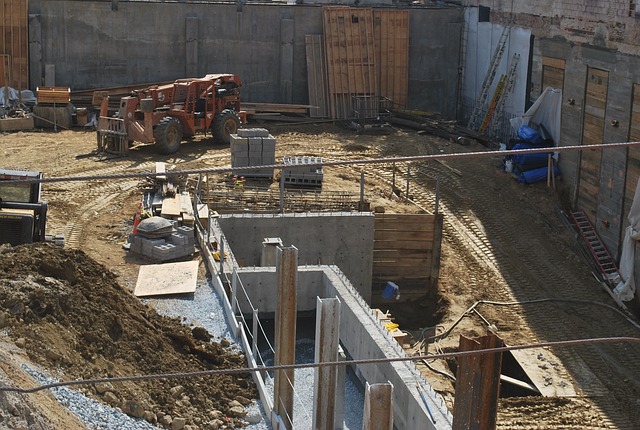Planning permission is a crucial step in any development project. However, the granted permission often comes with a set of conditions attached. Understanding whether these conditions are legally binding and how they can impact your project is essential. In this article, Are Planning Conditions Legally Binding, we will delve deeper into the subject.
Please click here to find out more about our Construction Law services
Free Initial Telephone Discussion
For a free initial discussion with a member of our New Enquiries Team, get in touch with us today. We are experienced in dealing with all the legal aspects of construction and once instructed, we will review your situation and discuss the options open to you in a clear and approachable manner. Early expert legal assistance can help ensure you are on the best possible footing from the start and also avoid the stress of dealing with these issues on your own. Simply call us on 0345 901 0445 or click here to make a free enquiry and a member of the team will get back to you.
What are Planning Conditions?
Planning conditions are specific stipulations outlined by the local planning authority when granting planning permission. These conditions aim to ensure the development adheres to local planning policies and regulations while mitigating any potential negative impacts. Conditions can address various aspects, including:
- Design and materials: Specifying the building materials, architectural style, or landscaping requirements.
- Construction details: Dictating hours of construction, noise control measures, or waste management plans.
- Traffic and parking: Requiring additional parking spaces, access points, or contributions towards road improvements.
- Environmental considerations: Mandating ecological surveys, tree preservation measures, or sustainable building practices.
- Occupation and use: Limiting the use of the development (e.g., residential only) or requiring specific occupancy arrangements.
The Legal Force of Planning Conditions
Planning conditions are legally binding. They derive their force from:
- The Town and Country Planning Act 1990 (as amended): This primary legislation forms the backbone of planning law in England and Wales. It empowers local planning authorities to impose conditions on granted planning permissions.
- Planning Policy Guidance: National and local planning policy frameworks provide guidance on the types of conditions that can be attached to planning permissions and the considerations for their application.
Enforceability of Planning Conditions
While planning conditions are legally binding, their enforceability depends on several factors:
- Validity: The condition must be demonstrably necessary, relevant to the planning purpose, precisely worded, and reasonably imposed. Unreasonable or poorly defined conditions could be challenged in court.
- Clarity: The condition must be clear, unambiguous, and capable of practical enforcement. Vague or open-ended conditions might be difficult to enforce.
- Monitoring and Enforcement: The local planning authority has the responsibility to monitor compliance with planning conditions. They can use various enforcement mechanisms, including:
– Stop notices: Halting works that breach a planning condition.
– Enforcement notices: Requiring remedial action to address a breach.
– Prosecution: In severe cases, legal proceedings may be initiated against those who violate planning conditions.
Consequences of Breaching Planning Conditions
Ignoring or failing to comply with planning conditions can lead to serious consequences:
- Enforcement action: The local planning authority can take enforcement measures, resulting in delays, financial penalties, or even demolition orders.
- Difficulties selling or remortgaging: Properties with outstanding planning breaches can be difficult to sell or remortgage.
- Loss of value: An unresolved breach can significantly decrease the property’s value.
Conclusion
Planning conditions are legally binding and play a crucial role in ensuring responsible development. Understanding these conditions and their enforceability is crucial for any developer.
How we can help
We have a proven track-record of helping clients deal with the legal implications of construction. We will guide you through all the necessary legal due diligence in a comprehensive and timely manner and support and advise you with all the negotiations. We firmly believe that with the right solicitors by your side, the entire process will seem more manageable and far less daunting.
Please click here to find out more about our construction legal services.
How to Contact our Construction Solicitors
It is important for you to be well informed about the issues and obstacles you are facing. However, expert legal support is crucial in terms of saving you money and ensuring you achieve a positive outcome.
To speak to our Construction solicitors today, simply call us on 0345 901 0445 , or allow a member of the team to get back to you by filling in our online contact form. We are well known across the country and can assist wherever you are based. We also have offices based in Cheshire and London.
Disclaimer: This article provides general information only and does not constitute legal advice on any individual circumstances.



